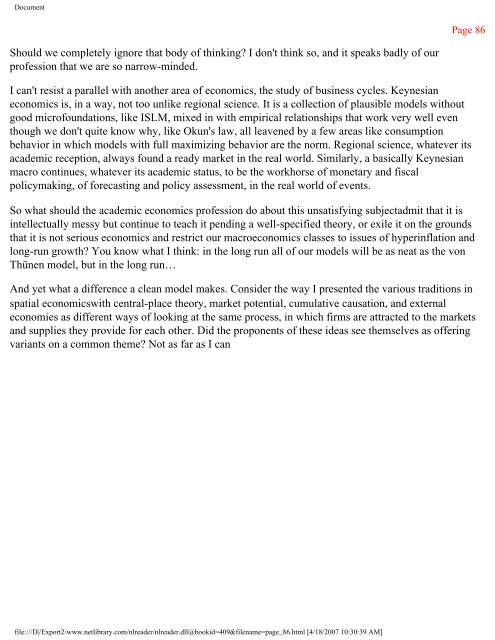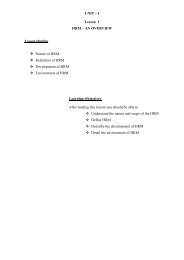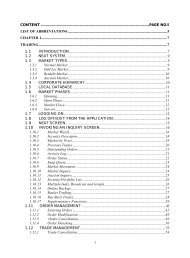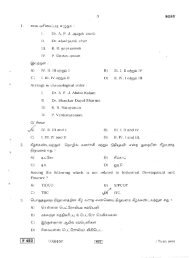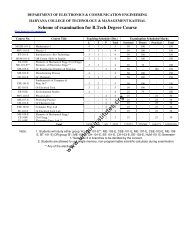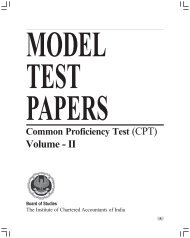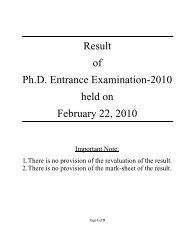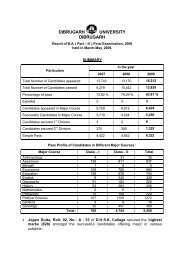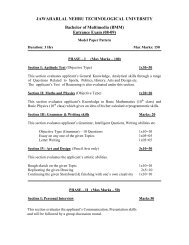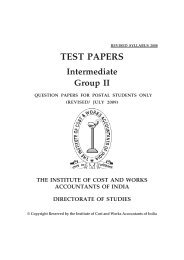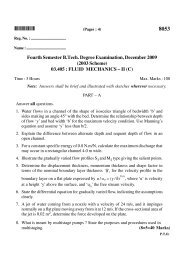Document file:///D|/Export1/www.netlibrary.com/nlreader/nlreader.dll ...
Document file:///D|/Export1/www.netlibrary.com/nlreader/nlreader.dll ...
Document file:///D|/Export1/www.netlibrary.com/nlreader/nlreader.dll ...
Create successful ePaper yourself
Turn your PDF publications into a flip-book with our unique Google optimized e-Paper software.
<strong>Document</strong><br />
Should we <strong>com</strong>pletely ignore that body of thinking? I don't think so, and it speaks badly of our<br />
profession that we are so narrow-minded.<br />
I can't resist a parallel with another area of economics, the study of business cycles. Keynesian<br />
economics is, in a way, not too unlike regional science. It is a collection of plausible models without<br />
good microfoundations, like ISLM, mixed in with empirical relationships that work very well even<br />
though we don't quite know why, like Okun's law, all leavened by a few areas like consumption<br />
behavior in which models with full maximizing behavior are the norm. Regional science, whatever its<br />
academic reception, always found a ready market in the real world. Similarly, a basically Keynesian<br />
macro continues, whatever its academic status, to be the workhorse of monetary and fiscal<br />
policymaking, of forecasting and policy assessment, in the real world of events.<br />
Page 86<br />
So what should the academic economics profession do about this unsatisfying subject admit that it is<br />
intellectually messy but continue to teach it pending a well-specified theory, or exile it on the grounds<br />
that it is not serious economics and restrict our macroeconomics classes to issues of hyperinflation and<br />
long-run growth? You know what I think: in the long run all of our models will be as neat as the von<br />
Thünen model, but in the long run…<br />
And yet what a difference a clean model makes. Consider the way I presented the various traditions in<br />
spatial economics with central-place theory, market potential, cumulative causation, and external<br />
economies as different ways of looking at the same process, in which firms are attracted to the markets<br />
and supplies they provide for each other. Did the proponents of these ideas see themselves as offering<br />
variants on a <strong>com</strong>mon theme? Not as far as I can<br />
<strong>file</strong>:///<strong>D|</strong>/Export2/<strong>www</strong>.<strong>netlibrary</strong>.<strong>com</strong>/<strong>nlreader</strong>/<strong>nlreader</strong>.<strong>dll</strong>@bookid=409&<strong>file</strong>name=page_86.html [4/18/2007 10:30:39 AM]


